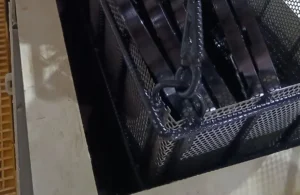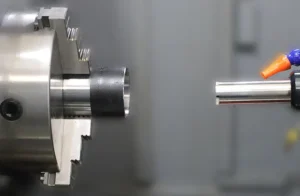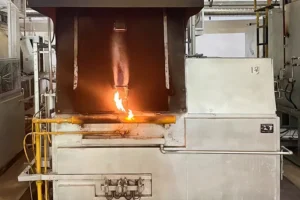
Are all CNC machines considered heavy equipment?
Are all CNC machines considered heavy equipment?
When it comes to the world of manufacturing, CNC (Computer Numerical Control) machines play a crucial role in automating and streamlining the production process.
They are highly versatile and can be used for a wide range of tasks, from cutting and shaping materials to drilling holes and welding components.
However, there is often confusion about whether CNC machines are considered heavy equipment.
Understanding the Different Types of CNC Machines
Before delving into the question of whether CNC machines are heavy equipment, it is essential to understand the various types of CNC machines available in the market. CNC machines can be broadly classified into the following categories:
- CNC Milling Machines: These machines use rotary cutters to remove material from a workpiece and create complex shapes.
- CNC Lathes: Lathes are used for shaping cylindrical workpieces by rotating them against cutting tools.
- CNC Plasma Cutters: These machines use a plasma torch to cut through materials like steel, aluminum, and copper.
- CNC Routers: Routers are used for cutting, shaping, and engraving materials like wood, plastic, and metal.
- CNC Laser Cutters: Laser cutters use a high-powered laser beam to cut through materials with precision.
Defining Heavy Equipment in the Manufacturing Industry
In the manufacturing industry, heavy equipment refers to large machines and vehicles that are used for construction, mining, and other industrial applications.
These machines are typically designed to perform heavy-duty tasks like lifting, digging, and moving materials over rough terrain. Some common examples of heavy equipment include bulldozers, excavators, cranes, and forklifts.
Comparing CNC Machines to Traditional Heavy Equipment
While CNC machines are indeed powerful tools that can handle a wide range of manufacturing tasks, they are not considered traditional heavy equipment in the same sense as bulldozers or cranes. The main difference lies in the intended use and design of these machines:
- Size and Weight: Traditional heavy equipment like bulldozers and cranes are massive in size and weight, often requiring specialized transportation and assembly. In contrast, CNC machines are relatively compact and can be installed in a factory or workshop without extensive setup.
- Task Complexity: Heavy equipment is typically used for specific tasks like excavation or material handling, requiring specialized skills to operate. CNC machines, on the other hand, are versatile and can be programmed to perform a wide range of tasks with precision and accuracy.
- Automation: CNC machines are automated systems that follow pre-programmed instructions to perform tasks, while traditional heavy equipment often requires manual operation by trained operators.
The Role of CNC Machines in Modern Manufacturing
Despite not being classified as heavy equipment, CNC machines play a critical role in modern manufacturing processes. They offer several key advantages that make them indispensable for engineers and manufacturers:
- Precision: CNC machines can produce highly accurate and consistent parts, reducing the margin of error and ensuring quality control in mass production.
- Efficiency: By automating repetitive tasks, CNC machines can significantly increase productivity and reduce production times, leading to cost savings for manufacturers.
- Versatility: CNC machines can be reprogrammed quickly to adapt to changing production requirements, allowing for flexible and agile manufacturing processes.
- Complexity: CNC machines can create intricate and complex designs that would be challenging or impossible to achieve with traditional manual methods.
Conclusion
While CNC machines are powerful tools that have revolutionized the manufacturing industry, they are not considered heavy equipment in the traditional sense.
Unlike bulldozers or cranes, CNC machines are compact, versatile, and highly automated systems that excel at precision machining and complex part production.
Engineers and manufacturers can leverage the capabilities of CNC machines to improve efficiency, quality, and flexibility in their production processes, ultimately driving innovation and competitiveness in the global market.




1 thought on “Are all CNC machines considered heavy equipment?”
I’ll be back for more posts like this.